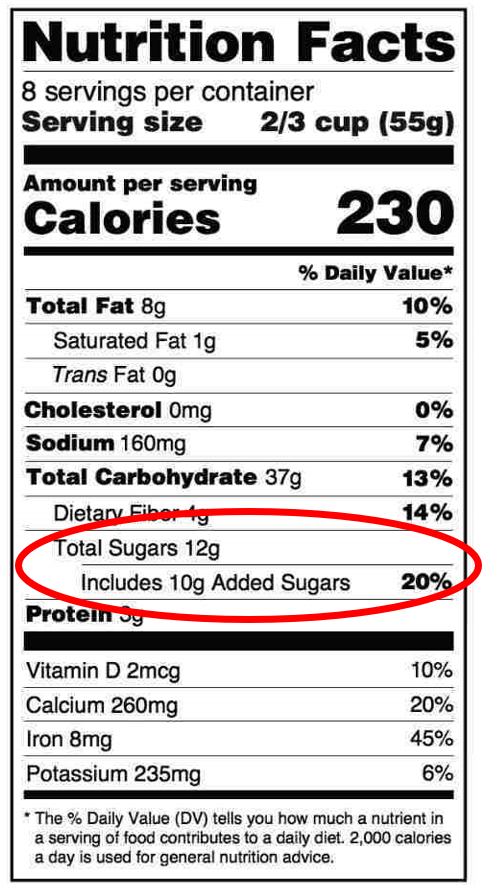5-Minute Lunch Ideas – Nutritious and Easy
By Alexander Clabourne, RDN | Registered Dietitian
Have you ever struggled to find something healthy for lunch while at work or didn’t have enough time to meal prep? Look no further with these simple lunches that can be made in five minutes or less! Eating healthy does not need to be a complex task. It’s quite simple to incorporate nutrient dense foods in your meals in a time friendly manner. Eating healthy does not always have to include choosing fresh fruits and vegetables and making foods from scratch all the time. Frozen, canned, and dried foods are convenient and still provide the essential nutrients our bodies need. Check out these quick lunch ideas!
Bento Lunch Box
- Tuna or chicken salad: Combine one 2.5 ounce can or packet of choice with 1 tbsp of mayonnaise and spices of choice. I like to use paprika, black pepper, and dried dill. If you don’t like either of these try 1 cup of Greek yogurt, soy yogurt, or low-fat cottage cheese instead.
- Nuts or seeds: ¼ cup or a small handful of choice. Some good options are cashews, peanuts, walnuts, almonds, pistachios, sunflower seeds, or pumpkin seeds.
- Fruit: ¼ cup dried fruit or ½ cup of canned fruit. Choose any that you like! If choosing canned or cupped fruit, try choosing varieties packed in juice and not in syrup.
- Vegetables: 1 cup any variety. Quick options include baby carrots, sugar snap peas, baby bell peppers, and celery sticks.
- Whole grain/whole wheat crackers: 4-6 crackers.
Asian Chicken Salad Bowl
- Brown rice or wild rice: 1 cup of instant rice, ready in 60-90 seconds in the microwave.
- Chicken: 3 ounces of ready to eat shredded or canned chicken. For vegan or vegetarians use 3 ounces of tofu or ½ cup of canned beans (any kind). For extra plant protein add a handful of edamame.
- Salad kit: 1 cup from an Asian salad kit.
- Dressing: 2 tablespoons of roasted sesame or sesame ginger dressing.
Lunch Wrap
- Protein: 3 ounces of ready to eat shredded chicken or pork or 3-4 slices of reduced sodium ham or turkey. For vegans and vegetarians try seitan.
- Vegetable: 1 cup from a bag of coleslaw mix.
- Whole grain/whole wheat wrap: 1 pita, wrap, or tortilla.
- Condiments: 1 tablespoon of low-fat mayonnaise or mustard.
Protein Grain Bowl
- Protein: One 2.5 ounce can or package of chicken or tuna.
- Grain: 1 bag of instant rice and lentil mix ready in 60-90 seconds or your favorite choice of grain blend.
- Vegetable: ½ bag of microwavable frozen vegetables. Any kind is good! Try finding varieties without added sauces or cheeses.
- Condiment: 2 tablespoons of chipotle or garlic aioli.
For further nutrition education and questions, schedule an appointment with a NOAH Registered Dietitian today!


